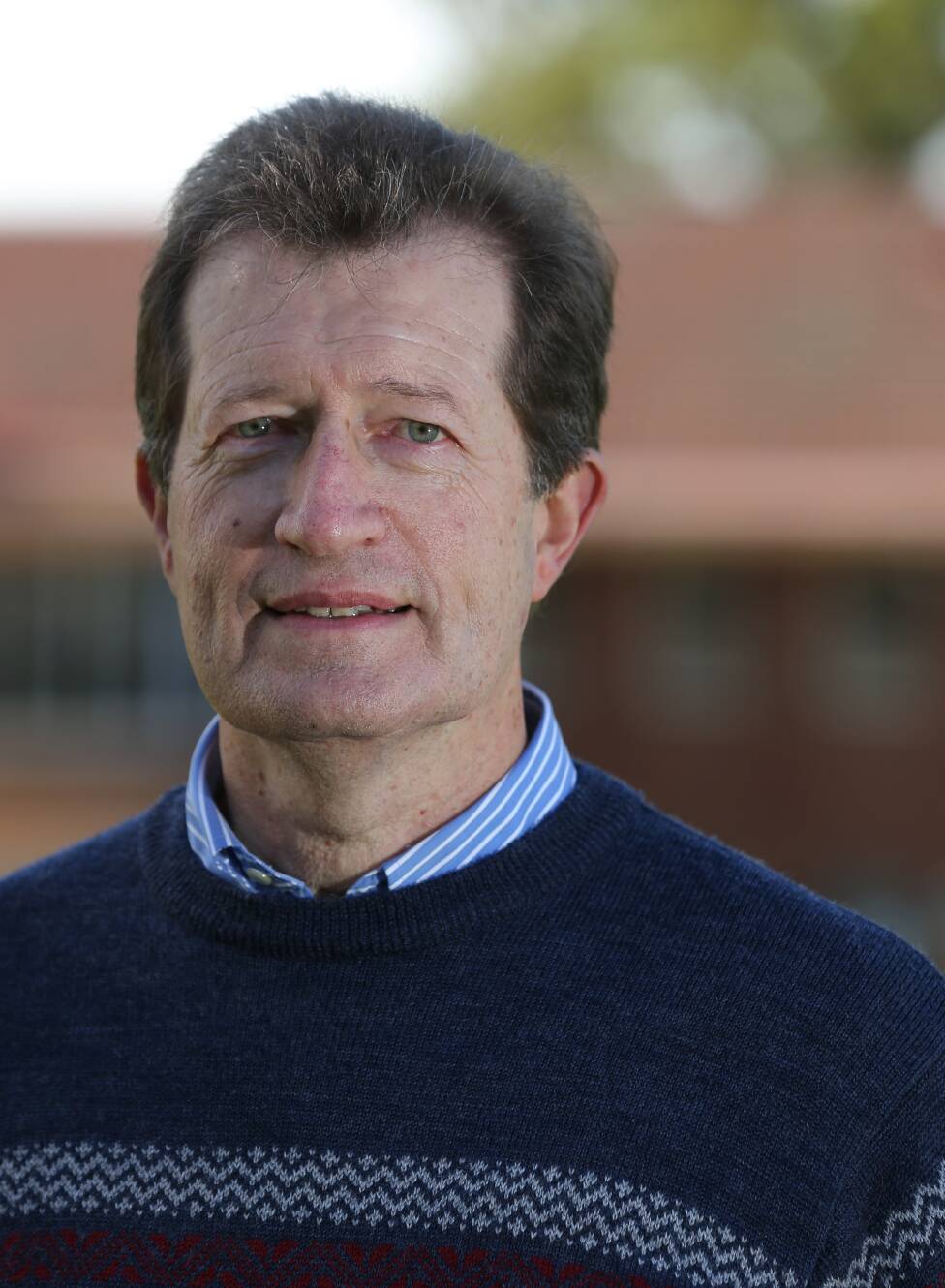"SENSIBLE" measures like wearing masks in high-risk places should not have been terminated ahead of winter, as the region's health services brace for the impact of a tsunami of viruses and public health officials warn the worst is yet to come.
This week the Hunter has recorded about a thousand COVID-19 cases a day, with a third of those likely to be the new Omicron sub-variant BA.5, Hunter New England Health physician Dr David Durrheim said.
It comes as the number of people with COVID-19 in the region's hospitals returned to the high 70s and there were 5810 confirmed cases reported last week.
The number of influenza cases also swelled to 2632 in the week ending June 18.
"About two weeks ago, the number of COVID-hospitalised cases had progressively dropped down to about 40," he said. "Which was very encouraging. But unfortunately, we've seen that double in the last two weeks to about 80 cases. It is increasing, and obviously influenza and its complications are leading to hospitalisations as well."
RSV - or respiratory syncytial virus - was another respiratory virus causing a bit of "pandemonium".
"I think everybody who works in health is concerned," Dr Durrheim said.
"This winter is the one that we thought might happen, but we are were hopeful wouldn't. But we've certainly seen with the relaxation of measures that kept people safe in the community from COVID, all of the respiratory viruses are certainly escalating and probably the worst is yet to come. The onslaught on the health service but also on the community with the number of viruses that are currently circulating is a bit daunting."
Dr Durrheim said people had become desensitised to COVID-19, and it was premature considering the virus's ongoing burden on hospital services, the number of hospitalisations and the daily death count.
"I don't think that we have reached a seasonal variant, and that's obvious because every three or four months, we're dealing with a new sub-variant," he said.
"So it hasn't stabilised yet. And some of the measures, which have been very sensible measures - wearing masks in high risk places - honestly, during winter, they should be maintained and encouraged and they shouldn't have been terminated."

Dr Durrheim said influenza particularly impacts "little ones" under five years of age, and the elderly.
RSV was particularly worrying for children in the first two-to-three years of life.
"That combined burden is the perfect storm," Dr Durrheim said. "That burden plays out at a general practice level and plays out in emergency departments and plays out in people that need admission as well. So we would really be encouraging folks not to take any respiratory illness, or any fever, out there. And to be really cautious in in congested environments."
Dr Durrheim warned that COVID spreads in households and where people congregate together in indoor environments.
"So if we're in those situations, a good quality mask is a very smart idea," he said.







